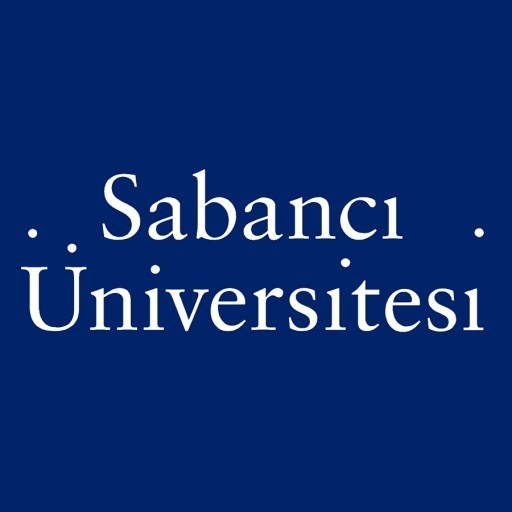Photos of university / #sdstatepics
Description
Advertisement
Students who undertake graduate studies in Agricultural and Biosystems Engineering normally have as their goal a better understanding of the current theories, principles, issues, and problems in agricultural and biological systems. Graduate studies improve the students ability to think critically and creatively, and to synthesize, analyze, and integrate ideas for decision-making and problem solving.
The department offers students an opportunity to undertake research and advanced study in specialization areas such as machine vision, food and biomaterial processing, physical properties of biological materials, natural resource engineering, structures, indoor environment, waste management and machine design.
Course Delivery FormatThe program engages students in lecture, laboratory, and in hands-on, field-based learning experiences.
Facilities and ServicesThe Agricultural and Biosystems Engineering Department is housed in the Agricultural Engineering Building. The entire building is dedicated to undergraduate instruction and research and outreach projects that support the engineering needs of production agriculture, natural resource conservation, and value added processing of the food and fiber produced in the region. Additional research and outreach projects take place at multiple field locations in the region. There are almost 17000 square feet of space dedicated to industry-sponsored student design projects and cutting edge research, including a full fabrication shop and two computer labs to support these efforts. The department is also home to the Water Resources Institute, dedicated to the proper stewardship of the states water resources.
Student Engagement and Support OpportunitiesMany students participate in activities such as designing and building the Quarter-scale tractor, internships, and research projects. Other ABE opportunities are available via our student branch of the American Society of Agricultural and Biological Engineers (ASABE). In addition, engineering opportunities are available via organizations such as Society of Women Engineers, Engineers Without Borders, and others. The most outstanding students are honored by induction into the ABE honorary society of Alpha Epsilon and engineering honor societies such as Tau Beta Pi.
Contents
For details see specific program: Biological Sciences (Ph.D.).
* ABE 791 - Independent Study Credits: 1-3
* ABE 898D - Dissertation Credits: 30 for 60 hr plan/45 for 90 hr plan
* ABE 771 - Graduate Seminar Credits: 1
* GSR 601 - Research Regulations Compliance Credits: 1
* Minimum of 3 credits of STAT courses numbered 500-level or higher
* Electives selected by the individual with committee approval
Requirements
The application file must be complete with the application form, application fee, all post-secondary transcripts, degree certificates, letters of reference, and other materials as required by specific programs before processing of the application will begin.
Applicants for the Doctor of Philosophy degree, 60-credit plan, will usually have a Masters degree. This degree must be awarded from an approved, accredited institution. In those cases where applicants do not have a Masters degree, departmental requirements will apply, either requiring completion of a Masters degree or permitting an individual to move directly into a doctoral program, 90-credit plan.
English Language Requirements
TOEFL paper-based test score : 550 TOEFL iBT® test: 80Want to improve your English level for admission?
Prepare for the program requirements with English Online by the British Council.
- ✔️ Flexible study schedule
- ✔️ Experienced teachers
- ✔️ Certificate upon completion
📘 Recommended for students with an IELTS level of 6.0 or below.
More
Accreditation
South Dakota State University has been granted the full, ten-year reaccreditation by the Higher Learning Commission. An accreditation team of representatives from peer institutions commended SDSU for:
* Dedicated faculty and staff
* Quality new facilities
* Excellent student leadership
* Shared governance
* Partnerships with local community
* Robust and Integrated assessment program
* Successful transition to NCAA Division I Athletics










